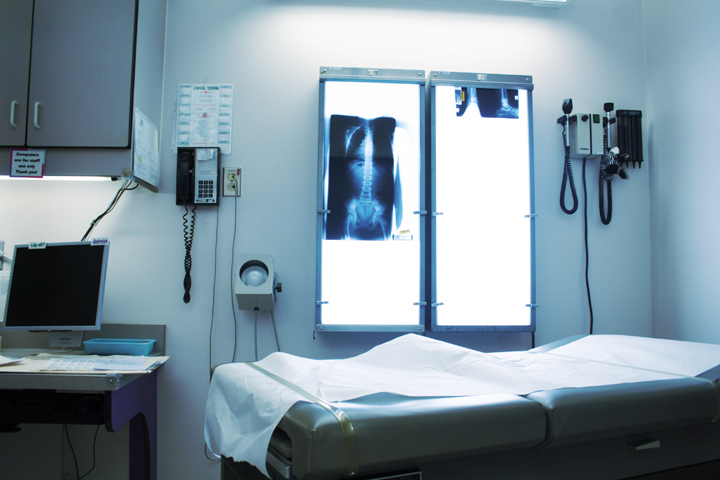
THURSDAY, Dec. 10 (HealthDay News) — A new DNA test for sepsis-causing bacteria provides results much sooner than the current gold-standard blood-culture method, a new study shows.
Sepsis is a potentially fatal condition caused by the immune system’s strong reaction to a serious infection. The sooner sepsis is diagnosed, the sooner infection-specific treatment can begin, leading to improved patient outcomes.
In this study, researchers found that the new Prove-it microarray platform — a series of microscopic spots of short DNA fragments whose sequences are specific for individual organisms — delivered results an average of 18 hours faster than the blood culture technique, which is based on detecting inhibition of growth of bacteria through antibiotics.
The blood culture method typically takes one to three days to become positive. Another one or two days may be needed to identify the bacteria and their antibiotic sensitivity patterns, according to background information in the study.
“The Prove-it sepsis assay yielded a high sensitivity and specificity, and identified bacterial species about 18 hours before conventional culture methods did, providing practical and realistic delivery of same-day bacterial identification after the blood-culture positivity,” the researchers wrote.
“Our study was not designed to address health-care costs,” they added. “Although additional costs are associated with this assay, these costs need to be assessed in the context of the effect of early identification on total patient management, which might include savings relating to factors such as targeted investigation, length of stay in hospital, and outcomes for the patient.”
The study was released online Dec. 9 in advance of publication in an upcoming print issue of The Lancet.
More information
The U.S. National Institute of General Medical Sciences has more about sepsis.

